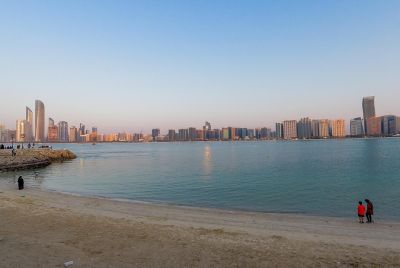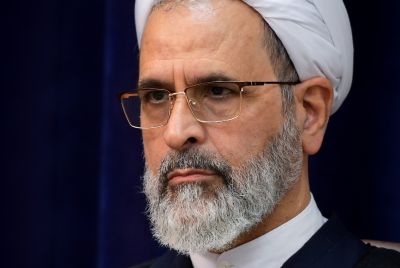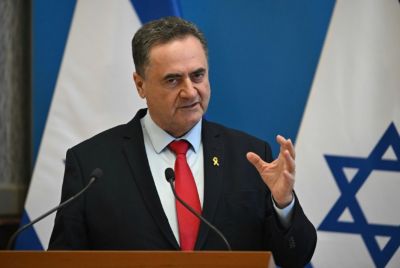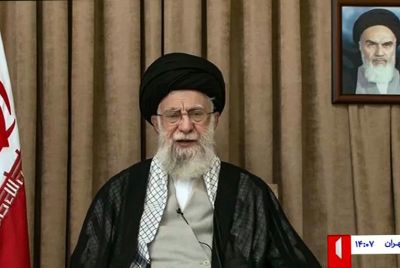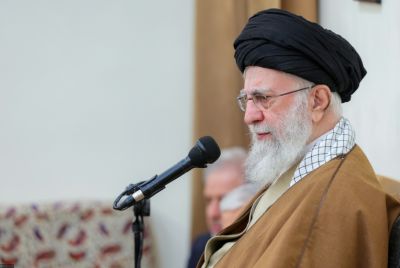Kevin Rudd May Pull Rug Under Tony Abbott’s Feet by Repealing Carbon Tax
During Julia Gillard's reign as prime minister for three years, Opposition leader Tony Abbott used the Gillard government's carbon tax as a tool to win support for the Coalition. Until the end of June, it worked for him because he was leading pre-election surveys.
But the Labor leadership spill changed all that because returning Prime Minister Kevin Rudd immediately took lead as preferred prime minister just days after the party leadership change. Now, he is even threatening to pull the rug under Mr Abbott's feet by using the carbon tax issue to win more votes.
On Sunday, Mr Rudd confirmed he would repeal the carbon tax but will speed up the introduction of an emissions trading scheme (ETS) as replacement. His aim is for the ETS to be put in place in 2014, a year ahead before it shifts to a floating price lined to the European trading system where the current trading price is $6.
However, while the tax at $25.40 per tonne would be scrapped, the household compensation payments would be retained which would create a $6 billion deficit in Australia's federal budget.
With the planned change, the cost of living for an average Australian family with an income of $100,000 and two children would go down and they could save $420 a year. Those with an income of $75,000 would save $380 yearly, while jobless solo parents would save $210 annually.
The bulk of their savings would come from electricity bills going down by $150 a year on the assumption that the floating price for carbon emissions would remain at $6 per tonne.









